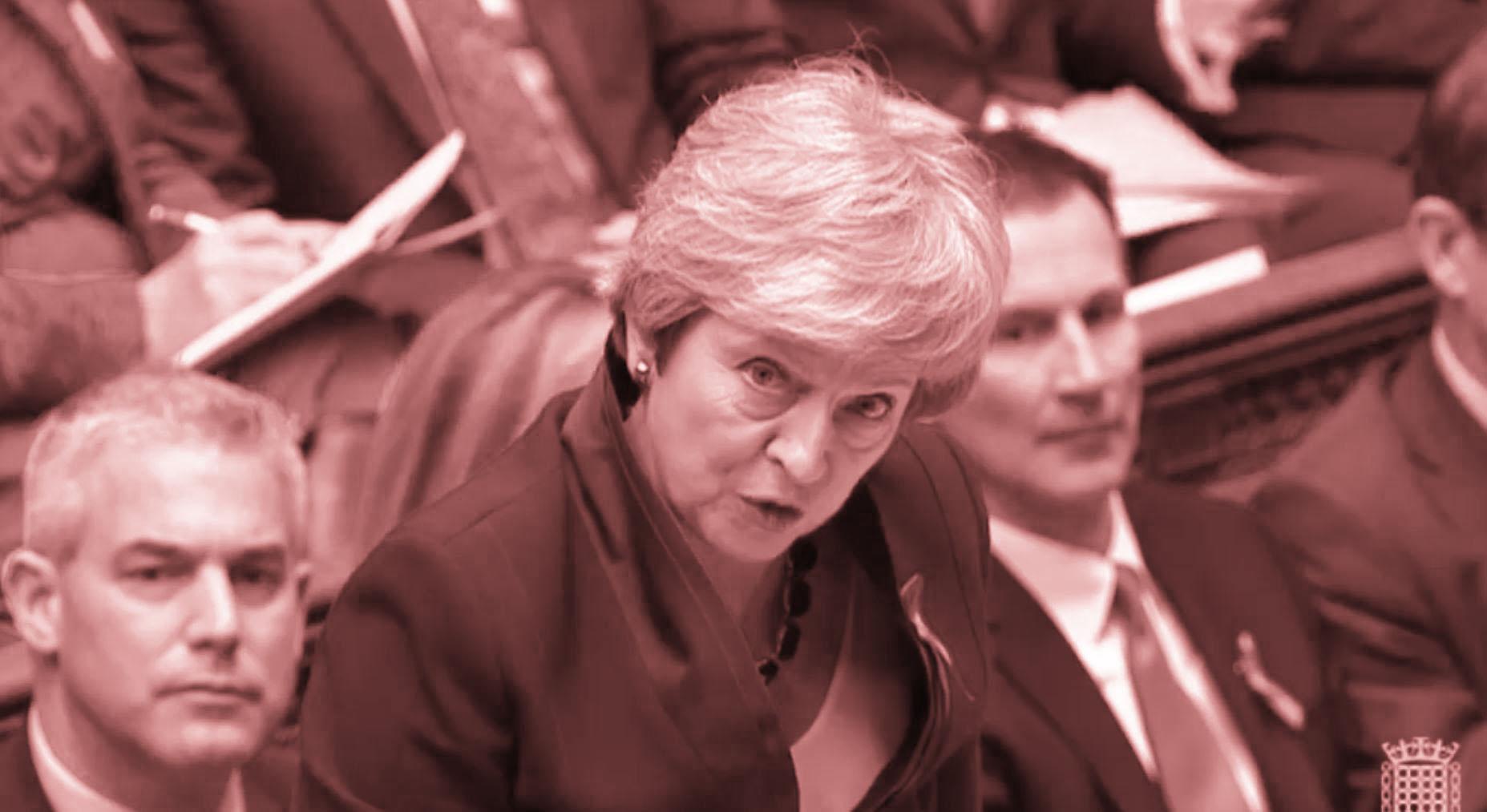Your support helps us to tell the story
From reproductive rights to climate change to Big Tech, The Independent is on the ground when the story is developing. Whether it's investigating the financials of Elon Musk's pro-Trump PAC or producing our latest documentary, 'The A Word', which shines a light on the American women fighting for reproductive rights, we know how important it is to parse out the facts from the messaging.
At such a critical moment in US history, we need reporters on the ground. Your donation allows us to keep sending journalists to speak to both sides of the story.
The Independent is trusted by Americans across the entire political spectrum. And unlike many other quality news outlets, we choose not to lock Americans out of our reporting and analysis with paywalls. We believe quality journalism should be available to everyone, paid for by those who can afford it.
Your support makes all the difference.The Government released its long-awaited Brexit economic scenarios on Wednesday.
This comes after other scenarios from the National Institute for Economic and Social Research (Niesr) and the UK in Changing Europe think tank earlier this week.
What do they all show? Why are they different? And what is the overriding message about the economic consequences of Brexit?
What does the Government’s exercise show?
It suggests that the Brexit (broadly) embodied in Theresa May’s preferred Brexit deal and the Government’s plans to cut back migration from Europe would knock 3.9 per cent hit off UK GDP, relative to staying in the EU, over the next 15 years.
There would, under the Government’s modelling exercise, be a small boost to UK GDP from new trade deals. Yet these gains would be more than offset by the economic costs of new trade barriers with the EU and a hit from lower net migration.
A no-deal Brexit, on the other hand, where we merely trade with the European Union on bare World Trade Organisation rules is seen knocking 9.3 per cent off the UK’s GDP over the same period.
A simple Canada-style free trade deal is also negative, seen as holding back GDP growth by 6.7 per cent.
What do the other forecasts show?
Niesr’s exercise pointed to a 3.9 per cent hit to the UK’s GDP by 2030 from Theresa May’s Brexit deal, bang in line with the Government’s.
It also saw a hit to growth from the no deal scenario of 5.5 per cent over that time, which is less damaging than the Government’s estimate.
Economists from the UK in Changing Europe projected a 5.5 per cent hit to GDP per capita (the size of the economy divided by the size of the population) from Theresa May’s Brexit by 2030.
This is higher than the 1.2 to 2.7 per cent hit to GDP per capita indicated by the Government’s analysis.
Why are they different?
All three exercises used different modelling techniques and assumptions.
The Government and the UK in Changing Europe both used “Computable General Equilibrium” models, but different varieties.
Niesr used its “NiGEM” model, which is less strict on “microfounding” the behaviour of economic agents.
The input assumptions were different too. The Government’s exercise modelled the “Chequers” White Paper on Brexit and then added some assumptions of trade frictions on top, rather than explicitly modelling the Withdrawal Agreement and the Political Declaration.
The modellers also had to make judgements about how much new trade friction is implied by Ms May’s somewhat vague proposals.
They all stress the inherent uncertainty involved in their estimates.
But what’s the overall message?
It is the opposite to the one implied by Theresa May, who told the Commons on Wednesday that analysis of the impact of leaving the EU “does not show we will be poorer”.
In fact the Government’s own analysis does show precisely that. Relative to staying in the EU we will be worse off due to Brexit – and this is true even of her favoured deal.
And this official analysis is broadly in line with the credible analysis done by independent outside experts. The fact that they all produced similar results despite using different modelling techniques reinforces that message.
All the credible modelling evidence suggests that leaving the EU, from an economic perspective, is a damage limitation exercise. There is no upside.
Subscribe to Independent Premium to bookmark this article
Want to bookmark your favourite articles and stories to read or reference later? Start your Independent Premium subscription today.

Join our commenting forum
Join thought-provoking conversations, follow other Independent readers and see their replies
Comments